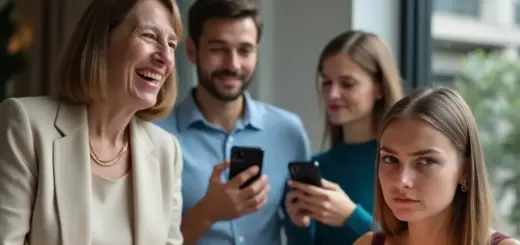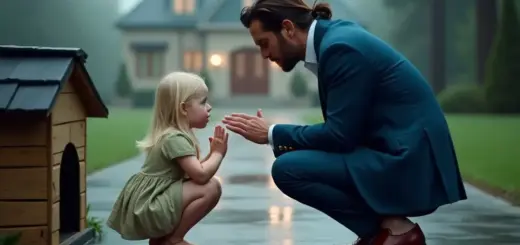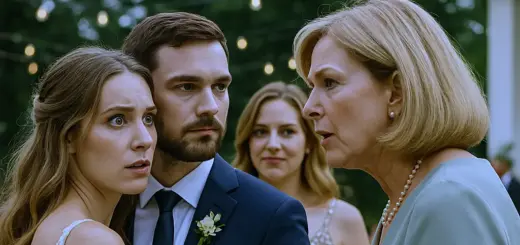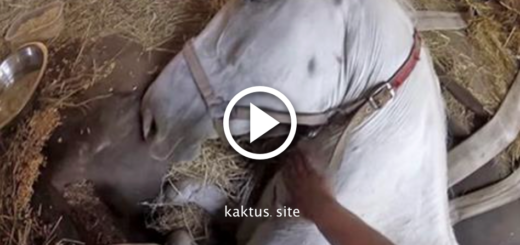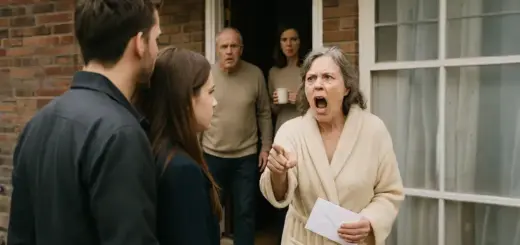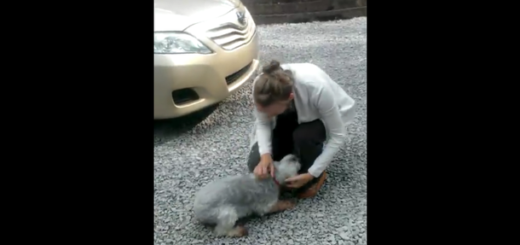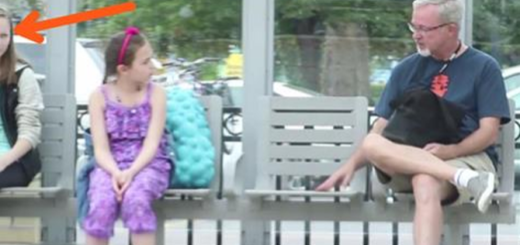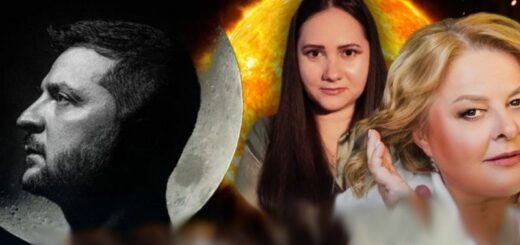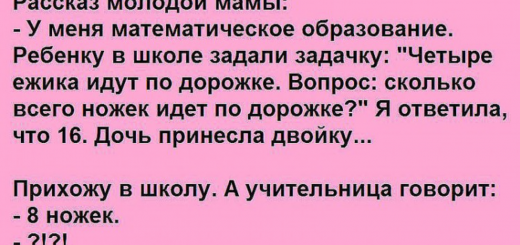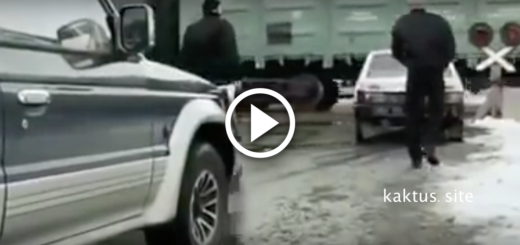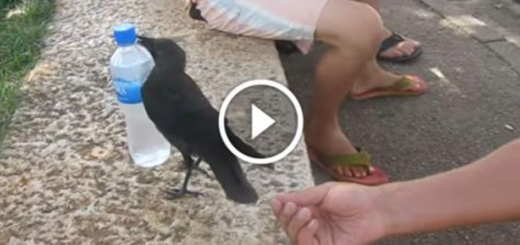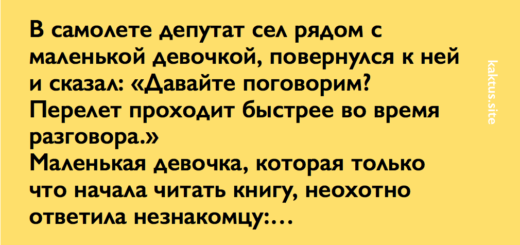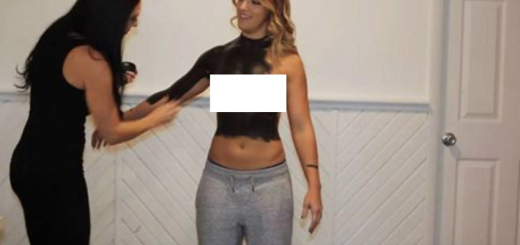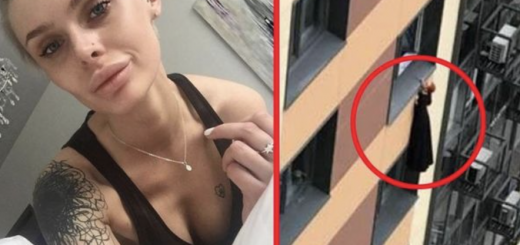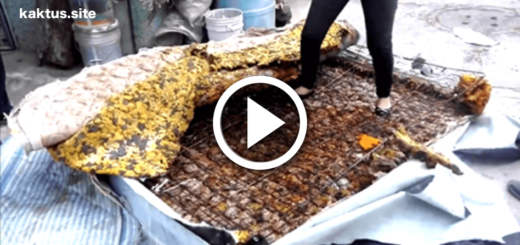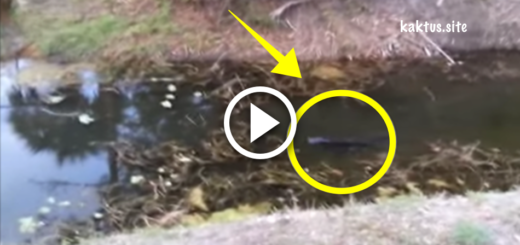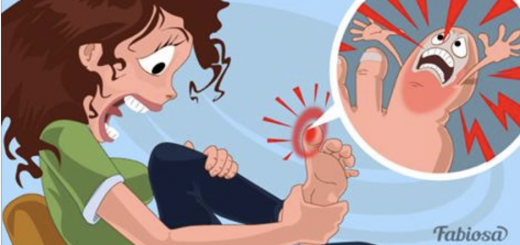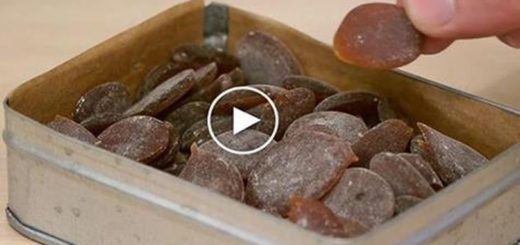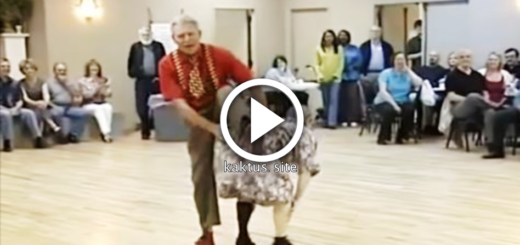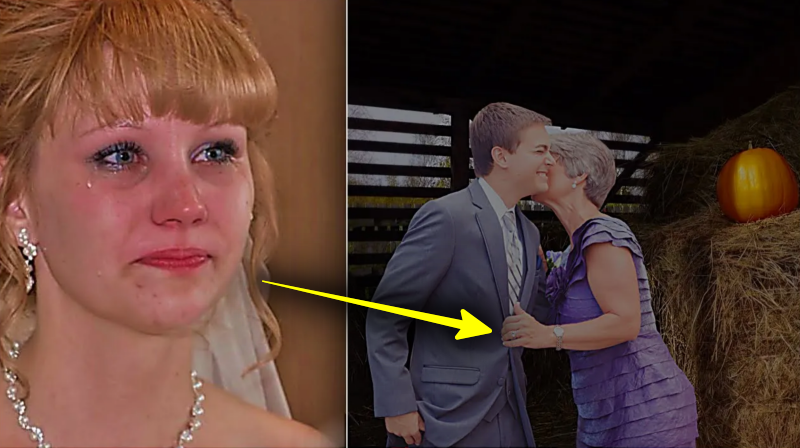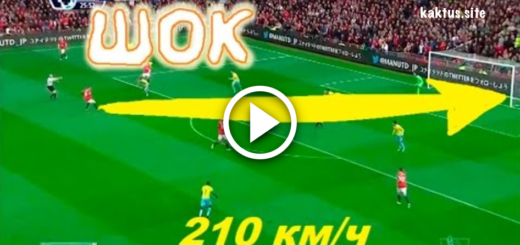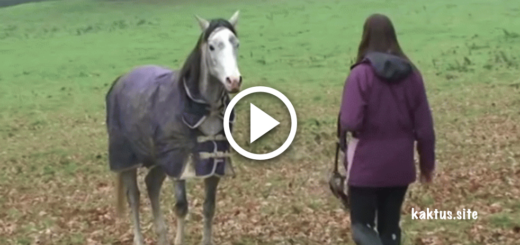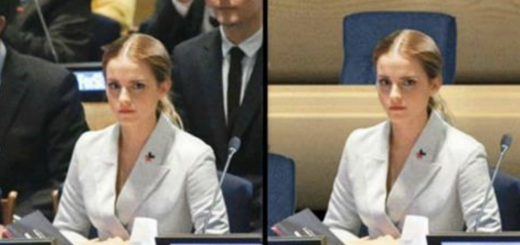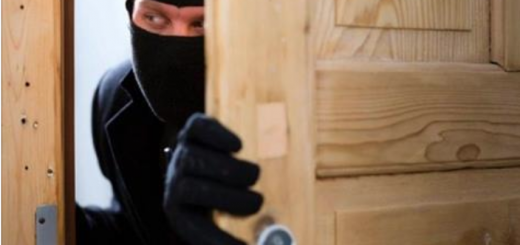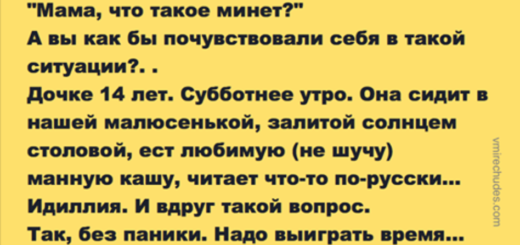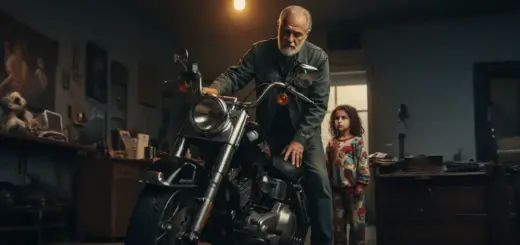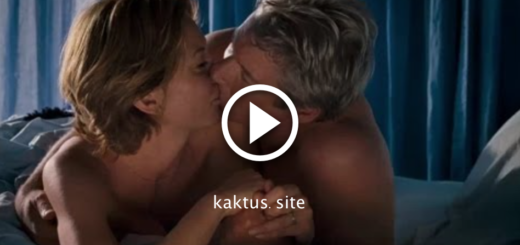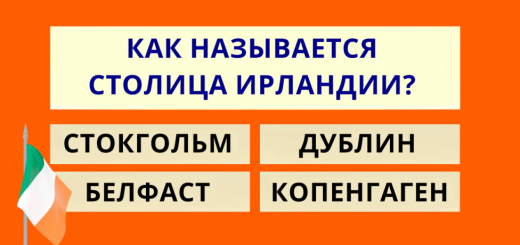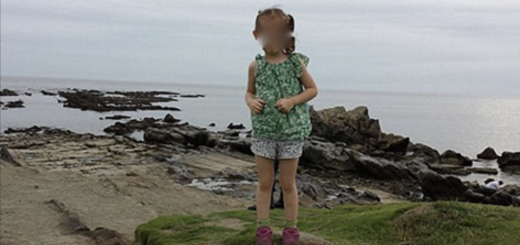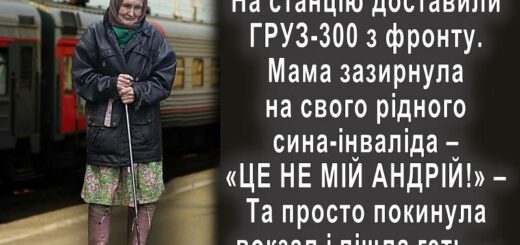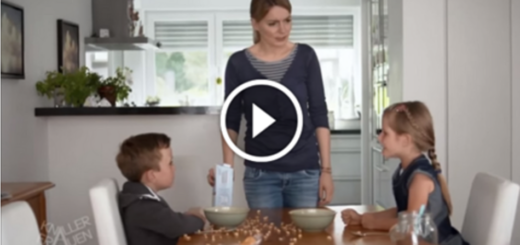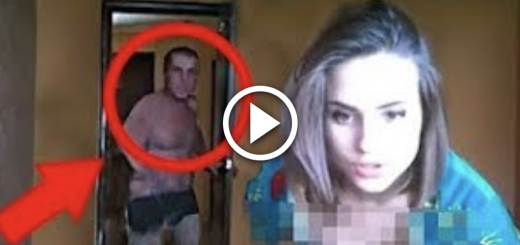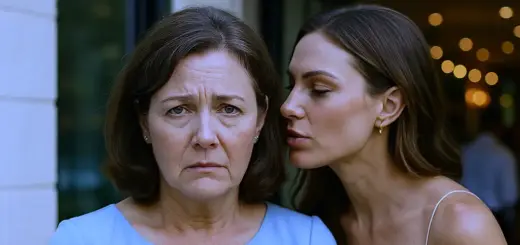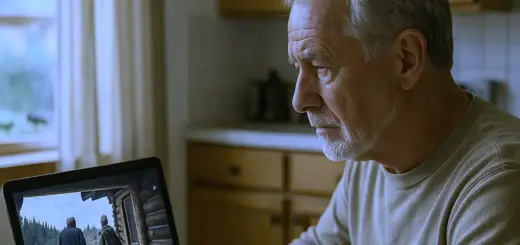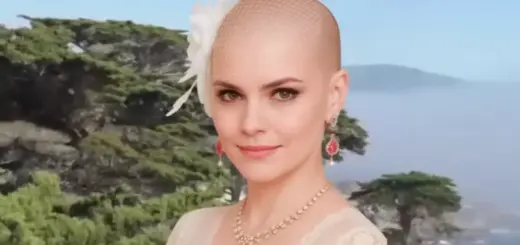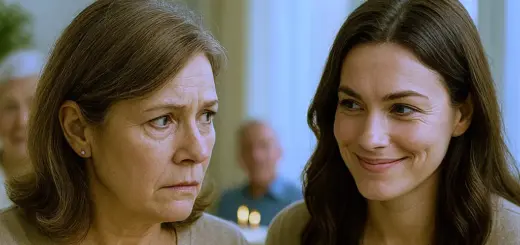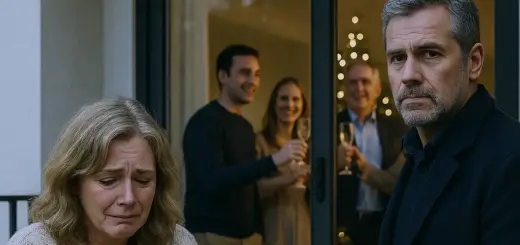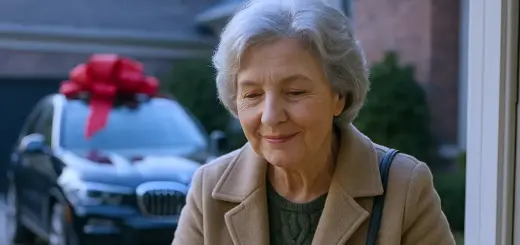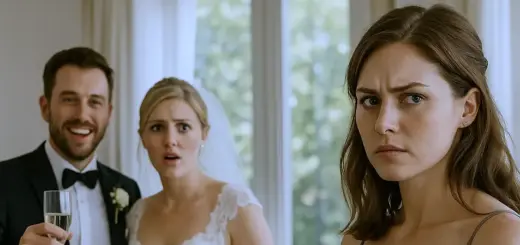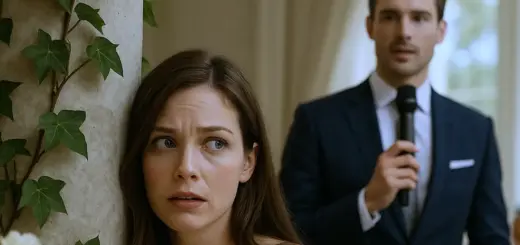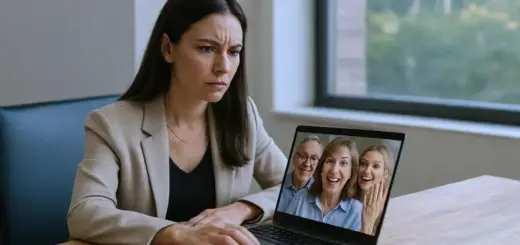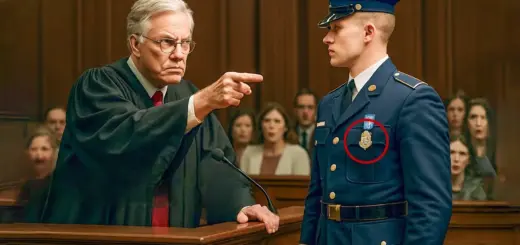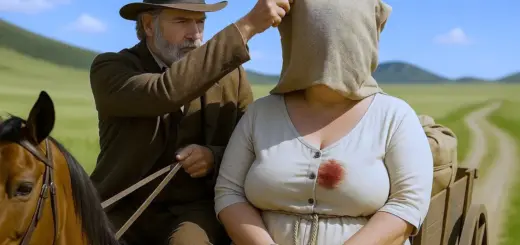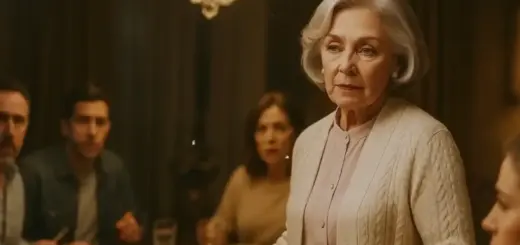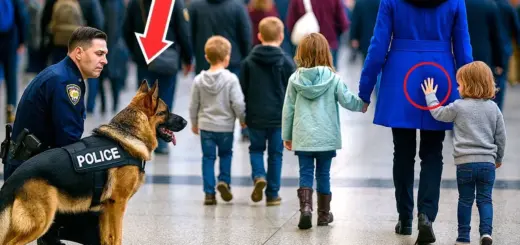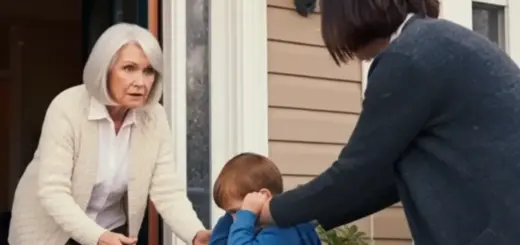The prosecutor had overwhelming evidence. Monica’s detailed diaries, the cyanide found in her house, testimonies from David, and forensic evidence from the murders of her two husbands.
Monica had hired the best defense attorney in the state, paid for with the money she had stolen from her victims’ inheritances. Her defense strategy was predictable, pleading temporary insanity caused by childhood trauma.
«My client,» her lawyer argued during opening statements, «is a victim of severe abuse that led her to an altered mental state. The acts she committed were the result of psychological trauma, not calculated malice.»
But Monica’s diaries told a different story. Page after page of meticulous planning, precise financial calculations, and detailed documentation of each murder. There was no evidence of insanity, only evidence of a cold and calculating mind.
The turning point came when David testified. Still weak from the poisoning, he recounted how Monica had threatened to kill me if he tried to escape or seek help.
«The defendant specifically told me,» David testified, «that she had perfected murder methods that could not be detected by routine autopsies. She told me she had killed before, and that she would kill again if I didn’t cooperate with her plans.»
«And you believed her?»
«Completely. Monica showed me photos of her previous victims and explained exactly how she had killed each one.»
«She kept photos of her victims?»
«Yes, as trophies.»
The prosecutor presented the photographs the police had found in Monica’s study. Photographs of her two dead husbands, the elderly neighbour, her previous victims, all carefully organised in albums with dates and handwritten notes.
When it was my turn to testify, I had decided to tell the whole truth, no matter how painful.
«Mrs Miller,» the prosecutor asked me, «what was your relationship with the defendant?»
«For thirty years I thought I was her adoptive mother. Now I know I was her victim.»
«Can you explain that statement?»
«Monica manipulated me from the first day she came to my house. She studied me, learned my weaknesses, and spent three decades exploiting my maternal love to get money, protection and cover for her criminal activities.»
«At any point did you suspect she was dangerous?»
«There were incidents over the years that should have alerted me, but I was so determined to be a good mother that I rationalised everything.»
«What kind of incidents?»
«Dead animals, other people getting sick after interacting with her, manipulative behaviours, but I always found explanations because I couldn’t accept that I had adopted a predator.»
«Did Monica ever express remorse for her actions?»
«Never. When I confronted her about her crimes, she told me that the victims deserved it, and that she was superior to normal people.»
«Do you believe Monica is capable of rehabilitation?»
«No. Monica is a predator who sees other people as objects that exist for her benefit. There is no evidence that she has the capacity for empathy or genuine remorse.»
The defence attorney tried to discredit my testimony during cross-examination. «Mrs Miller, isn’t it true that you are resentful of my client because you discovered that she didn’t love you the way you expected?»
«I am not resentful. I am horrified to have protected a serial killer for 30 years.»
«Isn’t it true that you adopted my client to fill a void in your own life?»
«I adopted Monica because I wanted to be a mother. That doesn’t justify her using me to facilitate multiple murders.»
«Isn’t it possible that you misinterpreted my client’s actions due to your own emotional pain?»
«Counselor, I found diaries written in your client’s own hand documenting exactly how she murdered eight people. There is no possible misinterpretation.»
The trial lasted three weeks. The jury deliberated for less than four hours. Guilty of first-degree murder on all counts.
Monica showed no emotion when the verdict was read. She looked directly at me as the judge sentenced her to life imprisonment without the possibility of parole and I could see in her eyes the same coldness I had seen during our last conversation in jail.
After the trial, David and I sat on the courthouse steps, processing the end of this nightmare. «How do you feel?» he asked me.
«Liberated,» I replied honestly. «For the first time in 30 years, I feel completely free.»
«Do you regret adopting her?»
«I regret not having seen the warning signs earlier but I don’t regret trying to save a child who I thought needed love. I’m going to live my life for the first time in 30 years. I’m going to do the things I want to do, not the things I do to please or protect a predator.»
«And us? Are we still family?»
David had been the only genuine victim in this whole situation. Besides me. He had risked his life to protect me from Monica.
«We are the only real family we’ve had for years.»
That night, I returned to my house and burned all the photographs, gifts and memories of Monica. Not out of anger, but out of liberation. It was time to close the most painful chapter of my life and begin a new one.
Five years after the trial, I was sitting in the yard of my new house in Asheville, North Carolina, watching David play with his two adopted children. I had made the decision to move out of the city where I had spent 30 years living a lie. And David had decided to move with me after we became something more than survivors.
We became chosen family. The house in Asheville was exactly the opposite of the life I had had with Monica. Open, full of light, honest.
David had adopted two siblings, Charlie, aged seven, and Anne, aged five, whose mother had died in an accident and who had no extended family. After everything we had been through, we both understood the value of creating a family based on genuine love rather than obligation or manipulation.
«Grandma Hope, can you tell us a story?» Anne asked me that afternoon, snuggling into my lap after we finished eating mashed potatoes and turkey.
«Of course, my love. What kind of story do you want?»
«A story about a bad witch who turns good.»
Charlie, who was more serious than his little sister, chimed in. «Anne, bad witches don’t turn good. That’s why they’re bad.»
It was a distinction I had learned painfully over the past few years. Some people are fundamentally destructive, and no amount of love or patience can change that.
«Charlie is right,» I told Anne gently. «But I can tell you a story about a woman who learned to protect herself from bad witches.»
As I told them a very edited version of my own story, I thought about how my life had changed since Monica’s trial. First, I had sold everything that connected me to my previous life. The house where I had raised Monica. The furniture I had bought thinking of creating a family home. Even my accounting business that I had built for decades.
I had started completely from scratch at 67 years old.
Second, I had established a foundation that helped identify and support victims of family manipulation. I worked with psychologists and social workers to train adoptive families on warning signs of personality disorders in children. My goal was to ensure that no other person spent 30 years without realizing they were raising a predator.
Third, I had learned to trust my instinct. For years with Monica, I had ignored warning signs because I wanted to believe in the idealized version of motherhood I had created in my mind. Now, when something felt wrong, I investigated instead of rationalizing.
«Grandma, did the bad witch in your story go to jail forever?» Charlie asked.
«Yes, my love. Forever.»
«And she can never get out?»
«Never.»
«But what if she says she’s sorry?»
It was a perceptive question from a seven-year-old. «Charlie, some people say they’re sorry, but they don’t really mean it. They only say it to get what they want.»
«How can you tell the difference?»
«You watch their actions. You don’t just listen to their words. If someone is truly sorry, they change their behavior. If they are just pretending, they keep doing the same bad things.»
David walked over to us after finishing the dishes. «Telling witch stories again?»
«The children want to understand why some people are bad,» I replied.
«It’s an important question,» David said, sitting down next to us in the yard. «You know what? I think the most important part of any story about bad witches is to remember that good people can always find ways to protect themselves.»
«Like you protected yourselves from the bad witch?» Anne asked.
«Exactly like us,» I confirmed. «By being brave, by telling each other the truth, and by looking out for each other.»
That night, after putting the children to bed, David and I sat on the deck, watching the stars.
«Do you ever think about her?» he asked me.
«Monica? Sometimes, but no longer with pain.»
«With what?»
«With relief that she’s where she can’t hurt anyone else.»
«Do you think she will ever truly regret what she did?»
«No. The psychologists who evaluated her said she is incapable of genuine remorse. For her, her victims were not real people. They were obstacles, or tools.»
«Do you regret adopting?»
It was a question David had asked me several times over the years, always gently, but with genuine curiosity.
«I regret adopting without investigating enough, but I don’t regret having wanted to be a mother. And I definitely don’t regret adopting Charlie and Anne with you.»
«What’s the difference?»
«The difference is that Charlie and Anne are children who need love and security. Monica was a predator who needed victims.»
«How do we know that Charlie and Anne aren’t like Monica?»
«Because we’ve been watching carefully for two years. We see genuine empathy. We see real remorse when they make mistakes. We see the capacity to form authentic emotional bonds. And most importantly, if we see warning signs, we will confront them immediately instead of rationalising them.»
«But aren’t you afraid of being wrong again?»
«I am afraid, but not so much that I won’t try. David, for 30 years I confused love with denial. Now I know that real love requires seeing people clearly, even when what we see is not what we expected.»
«What if Monica tries to contact us when the kids are older?»
«The children will know the truth about Monica as soon as they are old enough to understand it. They will know why she’s in jail. They will know she’s dangerous. And they will know they have no obligation to have a relationship with her.»
«Do you think that will traumatise them?»
«I think it will be less traumatic than the alternative of discovering the truth in more painful ways when they are adults.»
I received a letter from Monica last week. It was the first communication I had had with her in five years. The letter was typically manipulative. She apologised for «past misunderstandings» and said she had found religion in jail. She wanted me to visit her so we could «heal our relationship.»
I threw the letter away without finishing it. I had learned that some relationships don’t need healing. They need complete termination.
Instead, I use my energy to build real relationships with people who are capable of genuine love. David, Charlie, Anne, my friends in Asheville, the families I work with through my foundation.
At 72 years old, I finally understand what it means to have a real family. It’s not perfect. It’s not without conflicts. But it’s honest.
When Charlie has tantrums, I don’t have to wonder if he’s manipulating me. He’s a normal child expressing normal emotions. When Anne tells me she loves me, I don’t have to wonder what she wants in return. She’s a child who genuinely feels affection.
For the first time in my adult life, I am living without the constant fear of being deceived.
That night, as I prepared for sleep, I thought about Monica’s letter and the difference between forgiveness and liberation. I did not forgive Monica because forgiveness implies a relationship and we no longer have a relationship. Instead, I liberated myself from her.
I liberated myself from the guilt, from the hope that she would change, from the need to understand why she was the way she was.
Monica was a predator who had used my love as a weapon against me for 30 years. Now she was a predator in a cage where she couldn’t hurt anyone else.
And I was finally free to be the mother, grandmother and woman I had always wanted to be but had never been able to be while protecting a monster.

